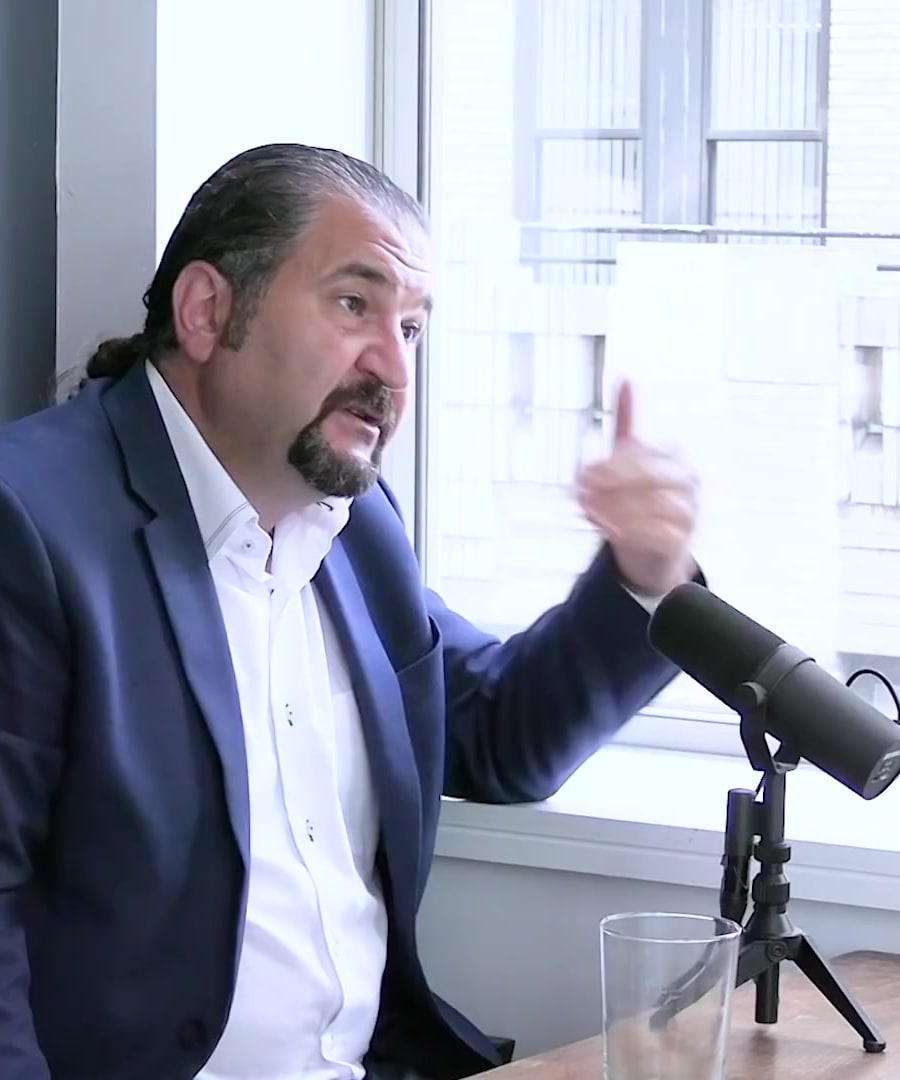What do experts say about daylight saving time?
Sources:
Daylight Saving Time (DST) is a topic covered on the podcast, particularly regarding its impact on circadian rhythms and sleep. Dr. , Chief of the Section on Light and Circadian Rhythms at the National Institutes of Health, along with , has expressed that DST changes can disrupt sleep patterns and circadian rhythms. During daylight savings, people are pushed to adapt to a time that is already later in the day when the light is going to push them later anyway. This can be especially problematic for individuals with already delayed sleep rhythms, as DST exacerbates the issue by making their circadian clock even more delayed 1.
Both Dr. Hattar and Dr. Huberman are advocates for abolishing DST because of its potential negative effects on mental health. Eliminating DST could have a positive impact on the widespread issues related to improper interactions with light. The circadian community has been trying for years to abolish DST due to these concerns 1.
Overall, experts like Dr. Hattar and Dr. Huberman suggest that maintaining consistent circadian rhythms by aligning our daily patterns with natural daylight and night-dark cycles is crucial for our mental and physical health, and adjusting the clocks for DST adds unnecessary disruption to these rhythms.
Thank you for your feedback!RELATED QUESTIONS
What do experts say about daylight saving time?
- Thank you for your feedback!RELATED QUESTIONS
